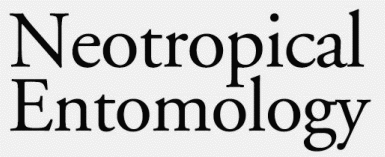The host selection for oviposition by Spodoptera frugiperda (J.E. Smith) among corn, millet, cotton and soybean, and its relationship with the biological characteristics were investigated. Free and non-choice tests for oviposition using plots containing five plants each, from each host in plastic greenhouse, resulted in similar oviposition preference among the host plants. In addition, selected biological characteristics of S. frugiperda were determined in the laboratory with larvae feeding on host leaves, and the combination of leaf and cotton boll. Neonate larvae exhibited low success of colonization on cotton boll compared to the leaves of all other hosts. Spodoptera frugiperda fed only on cotton bolls exhibited longer larval and pupal development, and longer adult life span; however with similar egg production. Larvae fed cotton leaves during six days and then transferred to cotton bolls, however, exhibited development and reproduction similar to those reared on corn or only on cotton leaves. Therefore, the variations on immature stages of S. frugiperda were not related with host selection for oviposition which was similar among the studied hosts. Based on our data, the millet as a winter, rotational, and cover crop is a potential host for S. frugiperda, while leaves and cotton bolls were diets of intermediate suitability as compared to corn and soybean leaves.
Fall armyworm; oviposition behavior; host selection; fertility life table



